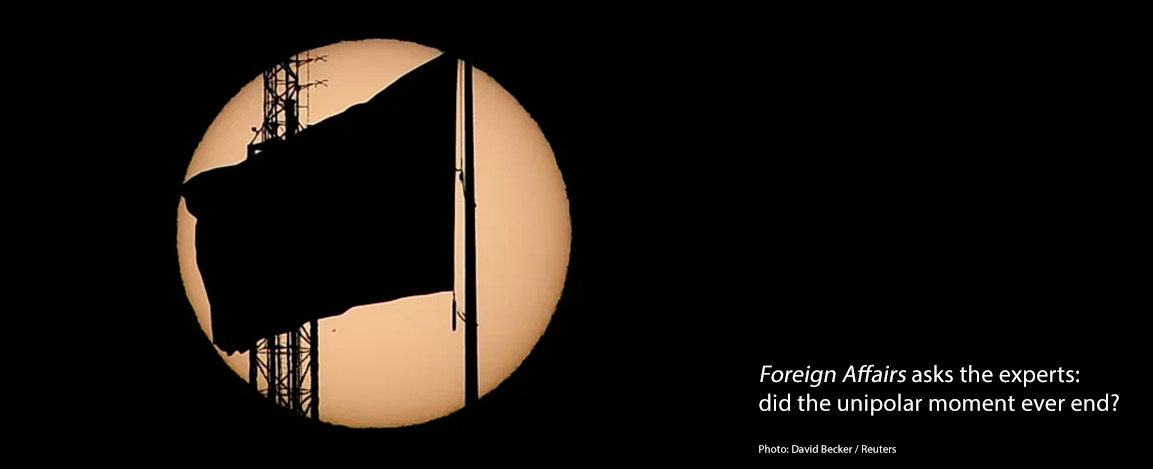Foreign Affairs asks the experts about whether the global distribution of power today is closer to being unipolar than it is to being bipolar or multipolar. Participants were asked to state whether they agreed or disagreed with a proposition and to rate their confidence level in their opinion. Professors Barry Posen and M Taylor Fravel were asked to weigh in. Read Barry Posen's opinion below and find the full text of the Foreign Affairs feature here.
Barry R Posen: Disagree, Confidence Level 8
"Polarity seems like an easy thing to measure because it is meant to rely on an objective measure of the distribution of capabilities; material power seems like it should be easy to measure. But that turns out not to be the case. Scholars, statespeople and intelligence analysts often disagree on what to count. Historically, in systems considered to be multipolar, the principal powers were not equal on all dimensions. As my heuristic, a composite of GDP at market prices, military spending at market prices, and the possession of a diverse nuclear force has proven a useful measure of material power. A lot of international politics, especially security politics, occurs among the world’s top-ranked powers on these dimensions. The United States, China, Russia, India, France, and Britain look much stronger on these dimensions than do other states. This does not mean they are equal. But these six powers tend to treat one another as quite important, and others as less important."




